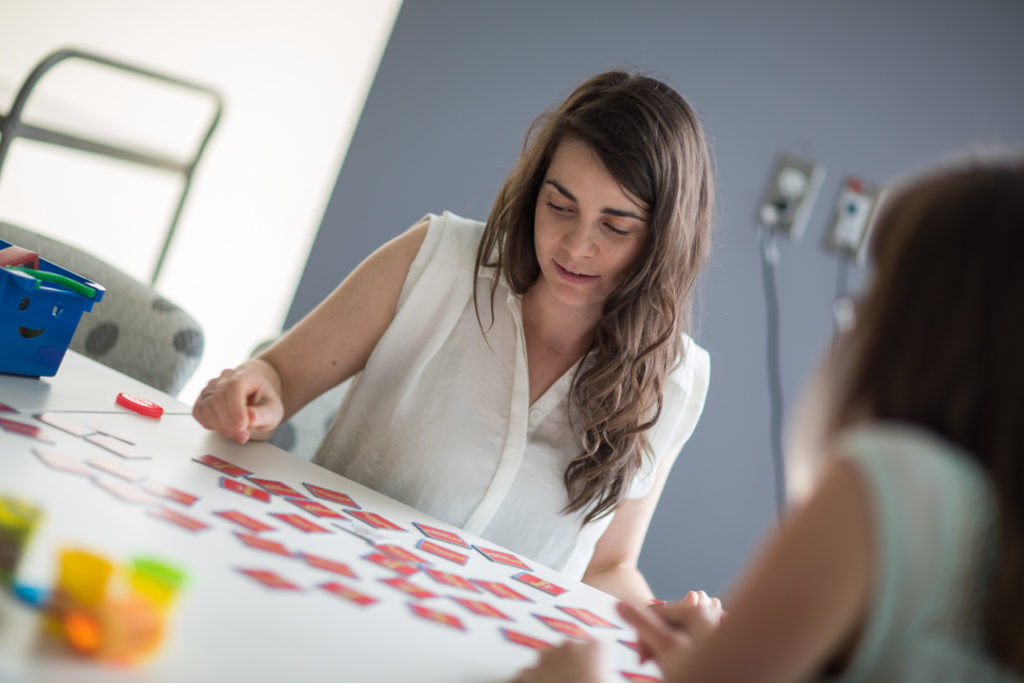
The next generation of psychologists
Imagine being a student and moving across the country for a one-year training placement. For most, the preference would be to stay closer to home. For Katia Jitlina, a doctoral student in psychology at the University of British Columbia, distance didn’t matter when deciding to apply for Hamilton Health Sciences’ (HHS) pre-doctoral residency program in clinical child psychology.
Hamilton Health Sciences is not only one of Canada’s largest teaching hospitals, but home to the fastest growing children’s hospital in Ontario, McMaster Children’s Hospital (MCH). Since Katia’s interest lies in Autism Spectrum Disorder and mental health, this made for an ideal fit. Katia received one of the four positions offered in the highly competitive Clinical Child Psychology Residency Program and is currently working at MCH’s Ron Joyce Children’s Health Centre.
“My time is largely split serving children and families within the Autism Spectrum Disorder and the Child and Youth Mental Health Services,” says Katia. “Equally important to my training has been collaborating with social workers, behaviour therapists and psychiatrists. Not only that, there are many opportunities for me to expand my knowledge and training, including working on research projects.”
“Looking forward, I know that this experience will make a positive impact on the children and families I’ll serve in the years to come.”
The HHS Residency program prepares residents to become independent skilled professionals and critical thinkers in clinical psychology. What makes HHS appealing nation-wide is the variety of population demographics located in the Greater Hamilton Area. Not to mention, the Clinical Child Psychology Residency Program’s recent reaccreditation from the Canadian Psychological Association, makes it that much more appealing. For Katia, combining this with the Autism Spectrum Disorder Services program, had her moving across the country.

“The expertise of HHS psychologists spans across a range of clinical populations and, fortunately for me, many of them are actively involved in supervising the next generation of psychologists,” says Katia. “However what I couldn’t have anticipated when choosing to come to HHS is the depth of experience I’ve gained and the numerous relationships I’ve developed. Looking forward, I know that this experience will make a positive impact on the children and families I’ll serve in the years to come.”
Many of the psychologists Katia is learning from were once residents at HHS. Although she has almost completed the residency program and will be returning to British Columbia, perhaps one day, she’ll again be part of the HHS community.
